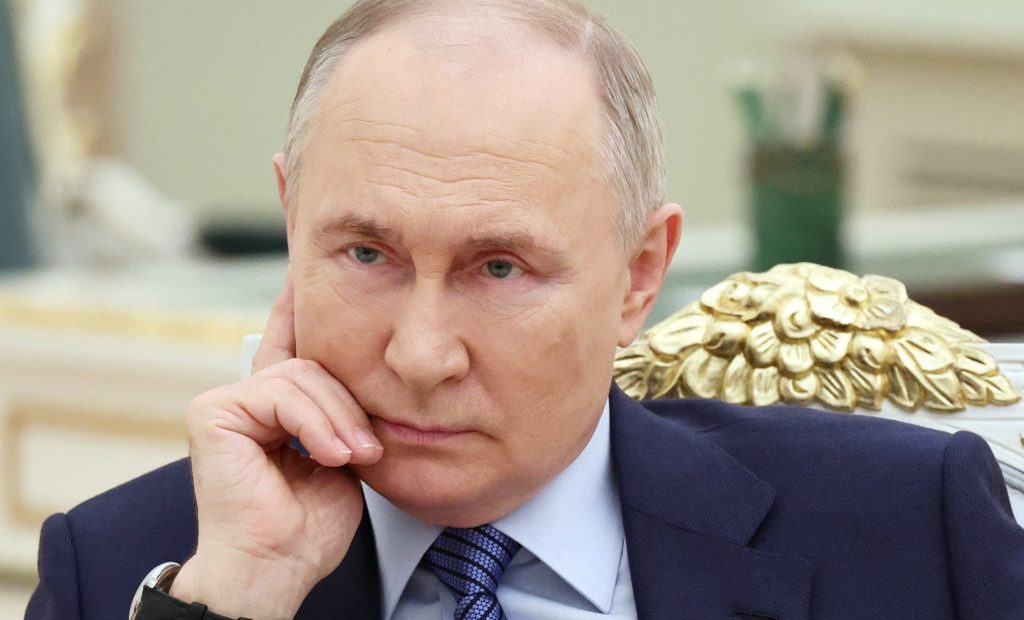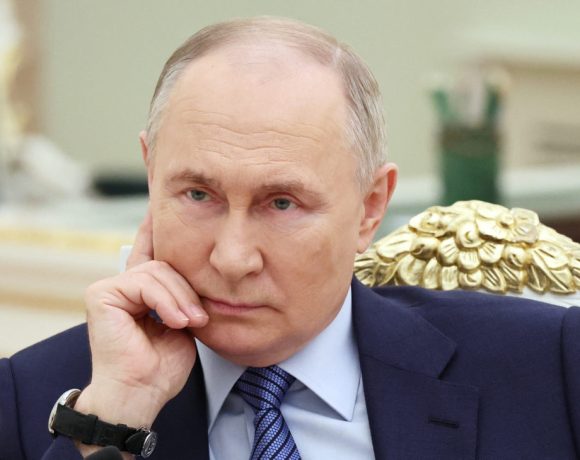
Kremlin Calls Roman Starovoit’s Suicide “Shocking”
The Kremlin has described the suicide of former Russian Transport Minister Roman Starovoit as “shocking,” marking a rare and public display of concern from the upper echelons of Russian power. Starovoit, aged 54, was found dead on July 7 at his residence near Moscow in what officials have confirmed as a case of suicide.
Kremlin Reaction
A Kremlin spokesperson expressed deep regret and condolences to Starovoit’s family, while calling the incident “shocking” and “tragic.” The death has reportedly prompted senior officials to revisit internal protocols related to the mental health of government functionaries, a subject historically absent from Russian political discourse. President Vladimir Putin’s office is said to be seeking a review of the stress factors and pressures that high-ranking public officials endure.
Political Career
Roman Starovoit served as Russia’s Minister of Transport from 2022 until early 2025. During his tenure, he was credited with spearheading large-scale infrastructure programs, including rail and logistics modernization projects across the country. In March 2025, he was reassigned to a lesser-known regional administrative post under unclear circumstances. The abrupt nature of his transfer had sparked quiet speculation among Kremlin observers about internal rifts or loss of political favor.
Mental Health Focus
Following his death, there is an emerging consensus within Russian governance circles that public service pressure may be taking a heavier toll than previously acknowledged. The Kremlin’s rare mention of mental health has drawn attention to the absence of institutional mental wellness programs for officials and bureaucrats. Internal evaluations are expected to consider preventive interventions and support systems for those in high-stress roles.
Official Inquiry
Russian authorities have launched a full investigation to rule out external factors or coercion. The inquiry will examine Starovoit’s recent travel, communications, and health history to determine whether the suicide was influenced by political pressure, personal despair, or systemic neglect.


















